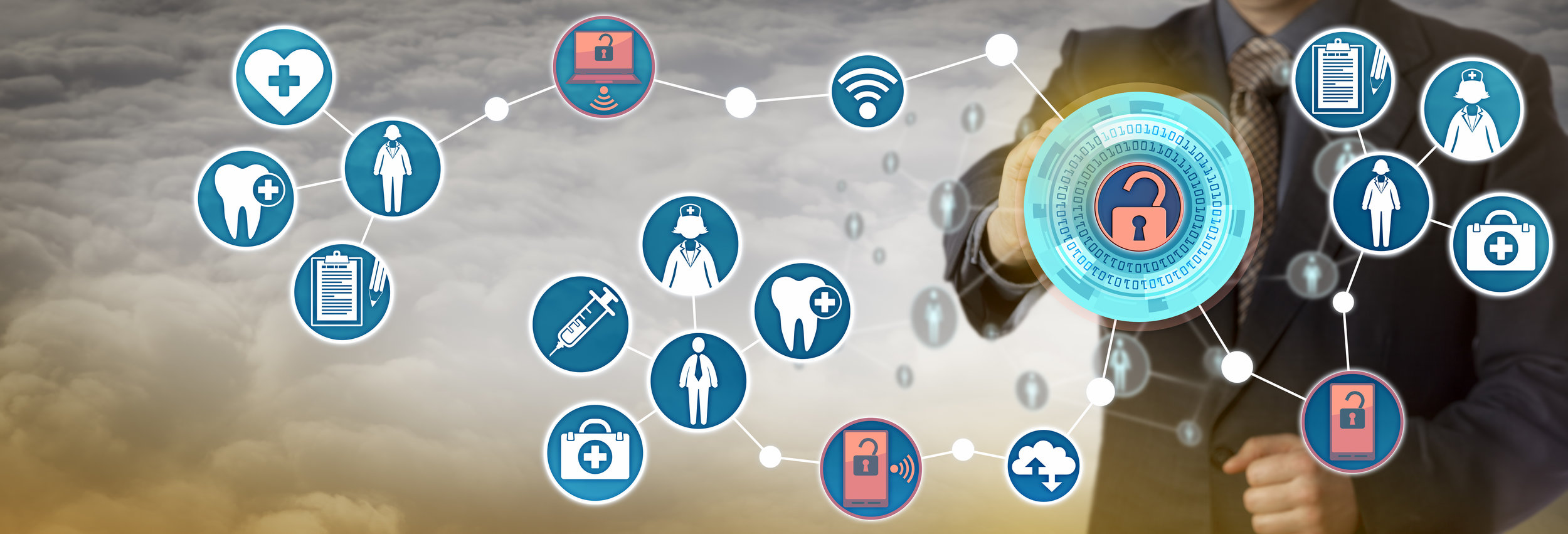Technology is not my friend. I can walk by a computer and it breaks. When IT comes, the issue magically doesn’t exist anymore.
Because of that, we don’t talk much about healthcare tech in this space. But there are some pretty interesting things going on in that field. I was reminded by that when I started seeing emails for two upcoming conferences in my inbox: HIMSS18 and Health Datapalooza. Those savvier than I am -- tech companies, government, and nonprofits -- are all working to develop the next big advance. One of the most foundational, that might have a huge impact on our everyday lives, is medical interoperability.
Medical interoperability is when medical data systems talk to each other. Right now everything is siloed, partly because many doctors, hospitals, and pharmacies are using outdated systems and partly because of laws in this country that protect patients’ privacy. It was a long hard fight to get that second one, which manifests itself in the Health Insurance Portability and Accountability Act (HIPAA) and protects an individual’s health information as a measure to prevent discrimination against people with medical conditions. You don’t want to be the topic of general conversation in a hospital break room or for your family to be used as a worst-case scenario by your insurance company as mine was in the 1980s (and that was before I had diabetes). The only reason we even knew about it was because there was a family friend in the room.
Interoperability could revolutionize the healthcare industry if they can figure out how to keep privacy rules intact. If all your providers, insurance companies, and even you can see your entire medical record, your providers would have a more detailed and holistic view of you as a patient. Trends would be less likely to be missed and one provider might catch a warning sign in their specialty that another doesn’t consider important. If you were in the hospital, vital sign monitoring equipment could talk to IV equipment. Your doctor could monitor you from your Apple Watch or Fitbit. Research institutions could take information that had been scrubbed of your identity to help develop new treatments for your condition. Real-time information would take the place of catching up after months.
Technologically inept as I am sometimes, I would welcome advances in medical technology. Not just the ones that blow your mind like gene therapy, but those that address the back of the house. Let’s face it. Our biggest nuisance headaches come from the administrative side of the medical equation. If they can figure out how to save time by getting everyone’s computers to talk to each other, that’s something I can support.
If you want to know more, check out the conferences mentioned above. They’re coming up soon, and I for one will be curious to see what the new year might bring in medical technology. What new advances would you like to see?

